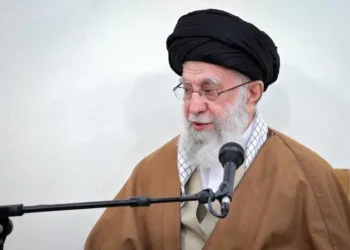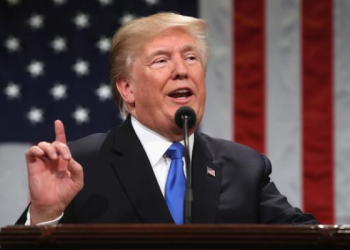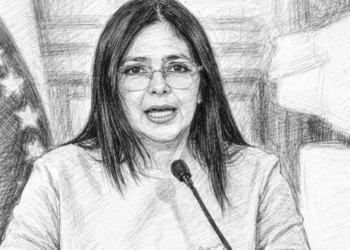In a significant shift in Austria’s political landscape, the far-right Freedom Party (FPO) has emerged as the victor in the country’s general election, according to early projections. This election marks a historic first for the FPO, highlighting a growing wave of support for hard-right parties across Europe, largely driven by public anxiety over immigration levels.
The FPO, led by the controversial Herbert Kickl, is projected to secure approximately 29.1% of the vote, outperforming Chancellor Karl Nehammer’s ruling conservative Austrian People’s Party (OVP), which garnered about 26.2%. The centre-left Social Democrats are anticipated to receive around 20.4% of the vote, as indicated by the latest projections from pollster Foresight for Austrian broadcaster ORF. Another polling firm, Arge Wahlen, also confirmed that the FPO leads by about four percentage points—an outcome that surpasses previous forecasts.
What They Are saying
Experts are weighing the implications of this election. “What’s at stake is whether the FPO will appoint the chancellor or not,” noted Kathrin Stainer-Haemmerle, a political science professor at Carinthia University of Applied Sciences. Should Kickl ascend to the chancellorship, the dynamics of Austria’s role within the European Union could shift dramatically. Kickl has expressed admiration for Hungary’s Prime Minister Viktor Orban, suggesting that his leadership might align Austria more closely with Orban’s policies.
Although the FPO’s projected win does not provide an absolute majority, it positions the party to lead coalition negotiations. The jubilant atmosphere at the FPO’s election event in Vienna underscored the party’s excitement about this potential breakthrough. However, Kickl’s polarizing nature could complicate coalition-building efforts, as many other party leaders have publicly refused to work with him.

A victory for the FPO would place Austria among a growing list of EU nations experiencing surging far-right support, following trends seen in countries like the Netherlands, France, and Germany. The FPO’s recent electoral success, including its win over the OVP in European elections in June, demonstrates its increasing influence, particularly on immigration and asylum policies. The party has pledged to implement stricter immigration controls and has voiced strong opposition to Islam.
Public sentiment surrounding the election reveals deep concerns. Sarah Wolf, a 22-year-old graphic designer and supporter of the Austrian Communist Party, expressed fear about what an FPO victory could mean for Austria’s democracy and media landscape. “What most scares me if the FPO really does get the most votes is we get something like Viktor Orban: a slow, gradual reduction in media diversity, democracy, and understanding,” she warned, reflecting widespread apprehension about the potential erosion of democratic norms.
Conversely, supporters like 17-year-old soldier Viktor de Lijzer argue that the FPO is best equipped to tackle what they perceive as increasing criminal violence linked to immigration.
Why It Matters
President Alexander Van der Bellen, who has the authority to oversee government formation, has expressed reservations regarding the FPO’s stance on key issues, particularly its criticisms of the EU and lack of condemnation for Russia’s invasion of Ukraine. He hinted that he might not necessarily follow the convention of inviting the leading party to form a government, raising further questions about the FPO’s future.
The FPO has a controversial history, tracing its roots back to the 1950s under the leadership of a former Nazi lawmaker. While the party has attempted to moderate its image, recent events have reignited scrutiny of its past. A recent video surfaced, showing FPO members at a funeral where a song popular with Nazi SS troops was performed. In response, a Jewish student group in Vienna filed a complaint against the party members, accusing them of violating anti-Nazi laws.
Bottom Line
As Austria braces for a potential far-right shift in governance, the broader implications for European politics remain uncertain. The FPO’s election victory could serve as a trendsetter for other nations grappling with similar societal tensions and the rise of populism.

















